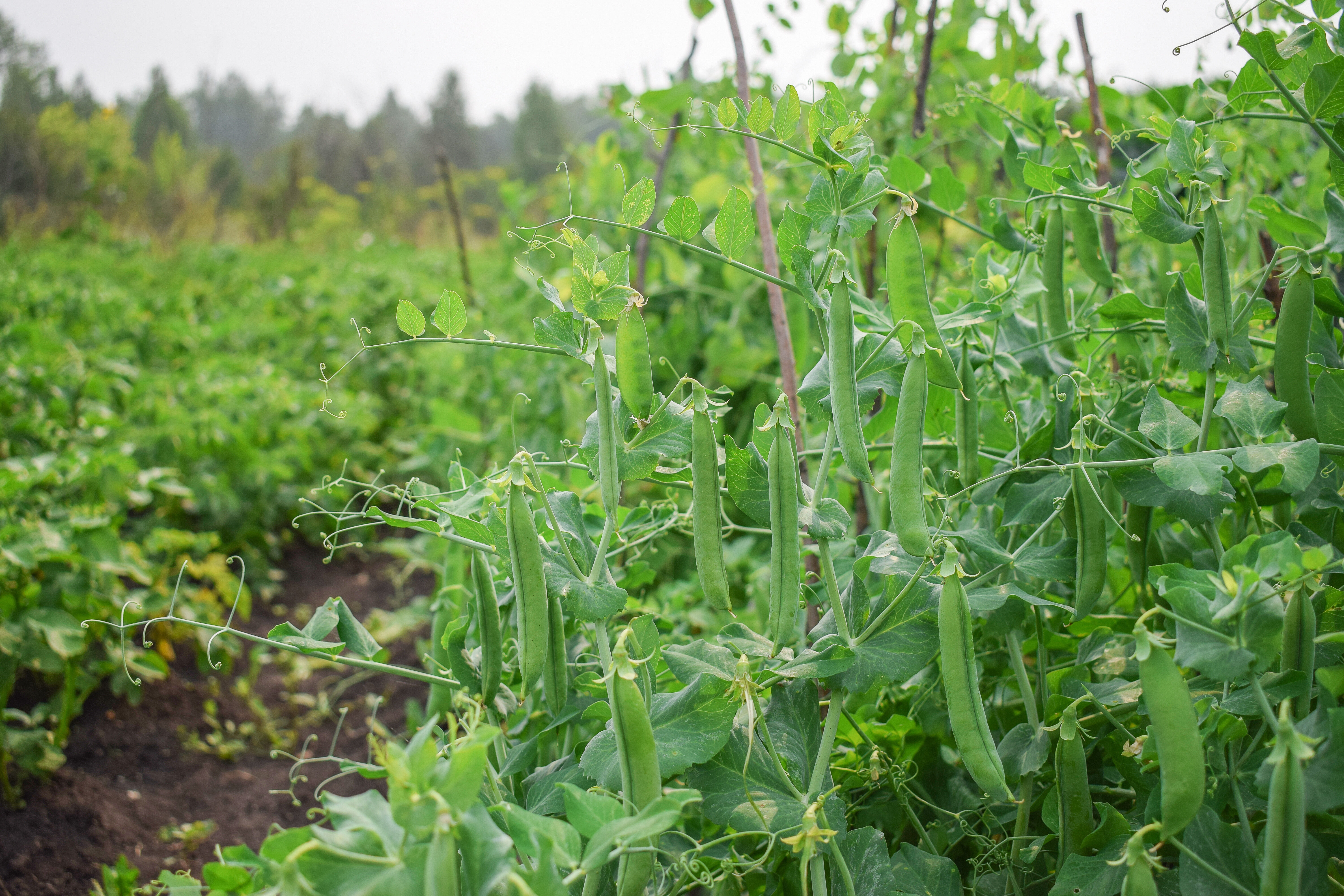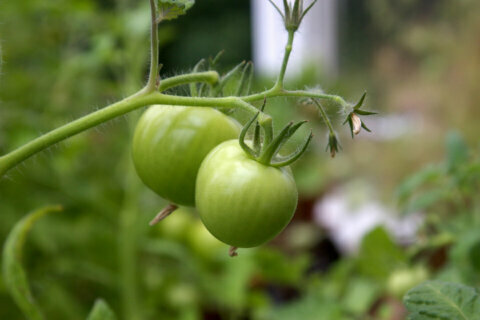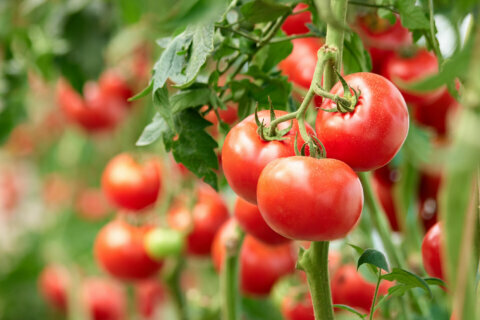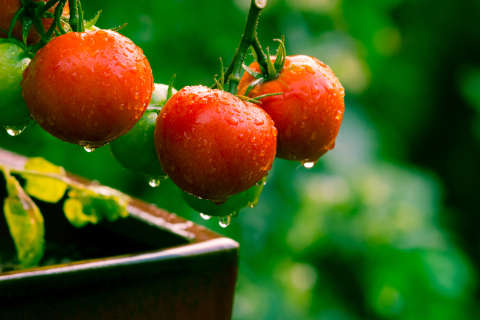
Patti in Howard County writes:
It appears that spring has arrived very early this year. Does this mean that we can move up the earliest safe time to plant to before Mother’s Day?”
The answer is no. Weather is as unpredictable as the stock market and warm-weather crops like tomatoes and peppers have no sense of humor about temperatures in the 40s, no matter what the calendar says.
And it’s not even April yet! So our diagnosis is boredom secondary to cabin fever thanks to the ‘Cottonelle-19’ toilet paper crisis.
That said, this warm spring does bring us the opportunity to plant cool-weather lovers and number one on my list would be pansies.
Buy a flat of pansies, plant them everywhere and pick and eat the edible flowers!
It’s Pea Planting Time
Itching to get out in the garden like Patti in Howard County? Get to a garden center and buy packs of pea seeds.
Whether you go for snow or snap peas (both of which you eat, pod-and-all) or English shelling peas, the weather is perfect for future pea picking.
To ensure good germination, roll the seeds out onto damp paper towels and put the towels into Ziploc bags, but don’t zip them closed.
Keep them in a warm room and check the seeds daily. When you see sprouts, it’s safe to plant the seeds (the seeds need warmth to sprout, but the plants need cool weather to thrive).
Bonus: Both snow and snap peas come in “bush” form, which means the plants will stay nice and compact. “Pole” means the opposite, tall plants that must be trellised. Most — if not all — English shelling peas (aka “June peas”) fall into this category.
Plants Don’t Need Social Distancing
Patti in Howard County wonders whether our warm winter means tomato planting before Mother’s Day. No way to tell Patti — it isn’t even April yet!
But if you have seedlings growing indoors, by all means take them outside on sunny days and bring them back inside on chilly nights. Then, when we get to the merry month of May, start checking the 10-day forecast, looking only at the predicted nighttime temperatures, not the daytime temperatures.
If the nights are reliably in the 50s and you feel like rolling the bones, go ahead and plant a few peppers and tomatoes, but hold some plants back for a week — just in case. And don’t even think about putting warm weather crops in the ground before May or you will find out why they call April “the cruelest month.”
Don’t Commit ‘Crepe Murder’
Linda in Damascus writes:
I have two crepe myrtles in my front yard. One is about ten feet tall and the other is eight feet. Should I prune them now? If so, how much should I cut back? Do I take off all the old flowers and growth?”
I know we’re bored and running out of silly cat videos to watch, but it’s still a little early to prune late summer bloomers, Linda. Wait another couple of weeks or until they show new growth — but prune them you should!
Crepe myrtle puts on its best show when it gets a good clean haircut in the spring.
Absolutely remove the old flowers and then prune off as much as the plants grew last year to keep them at a nice stable height. No matter what, do NOT commit “crepe murder” by cutting them back to stumps.
Don’t Smell the Flowers
Debbie in Springfield, Virginia, writes:
I was wondering if you could identify the big trees that are blooming with white flowers all around our area? I thought they were all Bradford pears but I’m not sure if other kinds are also mixed in. Some flowering cherries bloom white at the same time as the so-called ‘ornamental pears.'”
And the buds on apple trees, including flowering crab apples, open up to reveal snow-white flowers and some of those apple trees can grow very large.
But the majority are probably “caliper” pears, a designation that includes Bradford, Cleveland, and other ill-advised invasive trees. The best way to identify them for sure is to sniff the flowers.
Pear flowers have a rotten smell.
Mike McGrath was Editor-in-Chief of ORGANIC GARDENING magazine from 1990 through 1997. He has been the host of the nationally syndicated Public Radio show “You Bet Your Garden” since 1998 and Garden Editor for WTOP since 1999. Send him your garden or pest control questions at MikeMcG@PTD.net.







